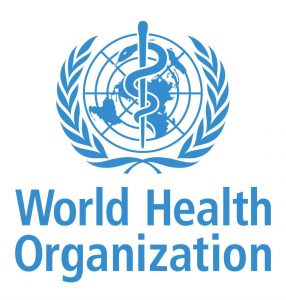WHO Recognises 4 Nations for Trans Fat Elimination:

The World Health Organization (WHO) recognised Austria, Norway, Oman, and Singapore for eliminating industrially produced trans fats from their national food supply.
- Trans fats (trans-fatty acids) are unsaturated fats that undergo hydrogenation, turning liquid oils into solid fats.
- Naturally occurring: Found in red meat and dairy (in small amounts).
- Industrially produced: Found in partially hydrogenated oils (PHOs) used in processed foods.
- Sources of Trans Fat:
- Fried & processed foods: Biscuits, cakes, margarine, vanaspati ghee
- Baked goods: Pies, pastries, refrigerated dough
- Cooking fats: Shortening, stick margarine
- Health Hazards of Trans Fats:
- Raises Bad Cholesterol (LDL): Trans fats increase low-density lipoprotein (LDL) levels, which leads to cholesterol buildup in arteries.
- Lowers Good Cholesterol (HDL): They simultaneously reduce high-density lipoprotein (HDL) levels, which normally helps remove excess cholesterol from the bloodstream.
- Triggers Arterial Blockage: The imbalance between LDL and HDL causes plaque formation in arteries, narrowing them and leading to stroke or coronary heart disease.
- Increases Obesity and Diabetes Risk: Being energy-dense (9 kcal/g), trans fats promote weight gain, and prolonged consumption can impair insulin sensitivity, triggering type 2 diabetes.
- Massive Global Health Impact: WHO (2024) estimates 278,000 annual deaths from trans-fat consumption, accounting for nearly 7% of cardiovascular-related mortalities worldwide.
- Target:
- Global Policy (WHO): Launched in 2018, WHO aims to eliminate industrial trans fats by 2025, targeting 90% global and 70% regional population coverage.
- India’s Policy: Since January 2022, India enforces a <2% trans-fat limit in oils/fats under FSSAI’s 2021 Regulations, aligning with WHO best practices.




